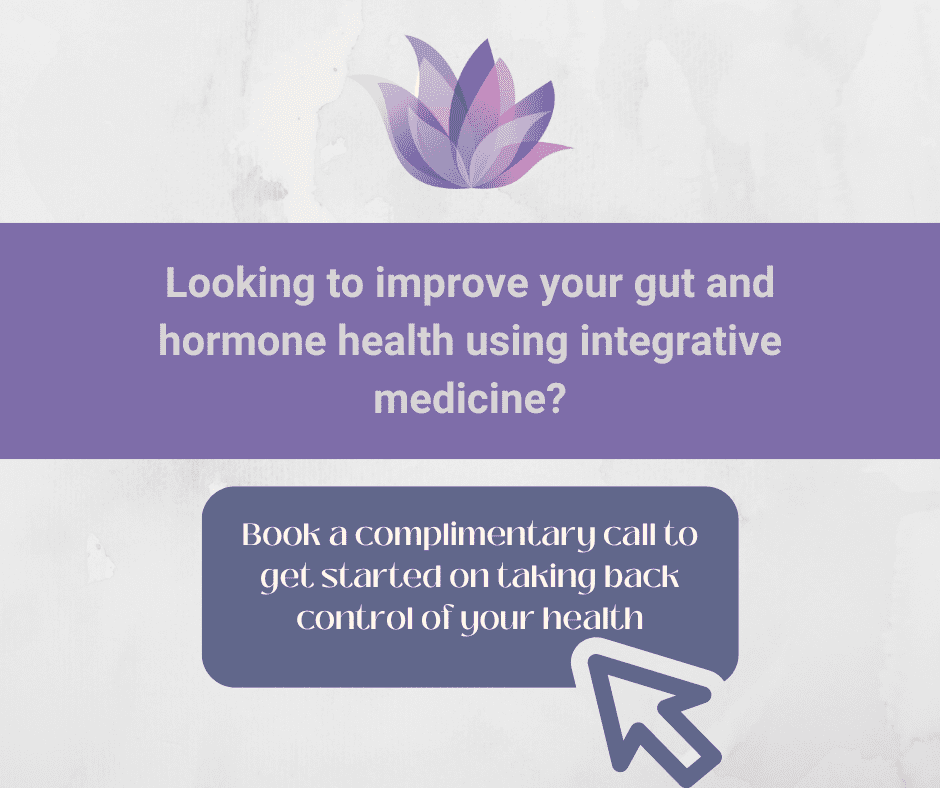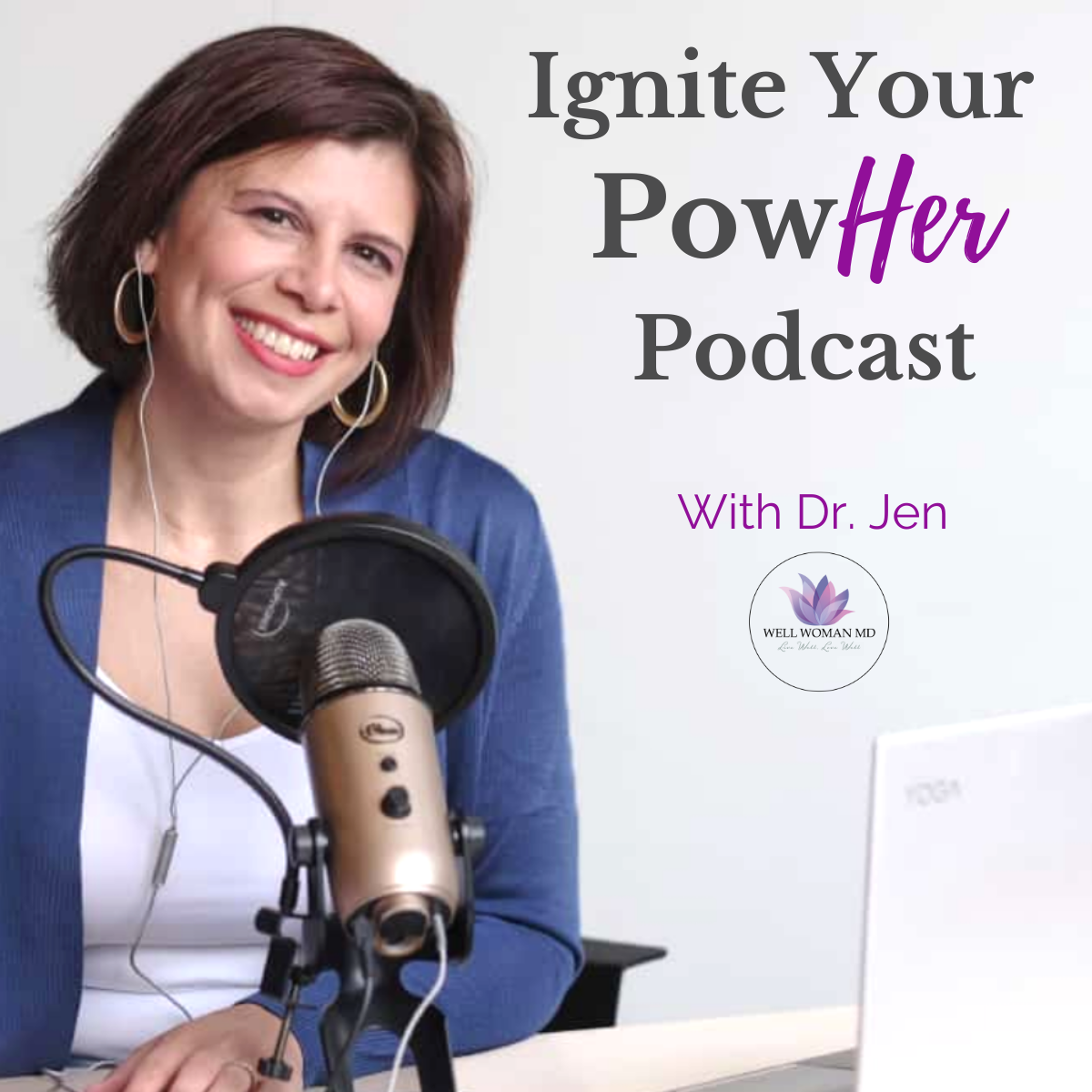There is an interdependent relationship between sleep and hormone health. Hormones that are too low or too high can affect your sleep, and poor sleep can affect these hormones. How? While you are sleeping, your body is repairing and rejuvenating its hormones. We need healthy hormones for our metabolism, reproductive health, brain function, etc. Not getting enough sleep can affect your mood, appetite, focus, productivity, performance, health, and waistline.
Making time for sleep is SO WORTH IT. You’ll have more energy to tackle the day, plus it will even help keep your metabolism revved and appetite in check. Establishing good “sleep hygiene” or daily habits and practices can help you maximize your sleep.
Let’s dive into my Top 10 Tips To Improve Your Sleep.
Don’t eat before bed.
It is vital to abstain from eating 2 hours before bed. If your body uses energy to metabolize your late-night snack, it is not resting. Eating before bed keeps your body awake and can cause poor digestion and weight gain.
Limit alcohol at night.
Alcohol can cause disrupted sleep by being stimulant and allowing your brain to be active. Avoid drinking 3 hours before bedtime and limit it to 2 drinks max per day.
Use your bed for sleeping and sex only.
Hanging out before you genuinely fall asleep for a few hours watching Netflix doesn’t allow your body to associate your bed with sleep. Lay in your bed when you are tired.
Set a sleep schedule.
Keeping in tune with your natural sleep-wake cycle is essential. To accomplish this, go to sleep and get up at the same time every day, even on weekends, avoid taking naps, and fight after-dinner drowsiness by doing something active like taking a walk.
Create a bedtime routine.
If you have trouble sleeping, creating a bedtime routine can help. Repeating the same quiet series of habits and steps at night can help calm an overactive mind and help your body recognize that it’s time to sleep. This routine can include reading, journaling, or a warm bath with Epsom salt. Start your routine an hour before bed and stick to it, even on weekends.
Try Meditation or Mindfulness.
Meditation, breathing exercises, or reading can help calm the body and reduce an overactive brain. Daily mindfulness practice has been shown in studies to reduce insomnia by 51%
Add Aromatherapy.
If you’re struggling with sleep, essential oils can help promote relaxation and encourage a night of sound sleep.
Lavender oil is the most frequently used essential oil for sleep, and numerous studies have shown the use of lavender oil at bedtime can help improve sleep quality. Add a few drops to a cotton ball and take several deep inhalations. Place the scented cotton ball near your pillow.
Cedarwood oil has been found to produce a sedative effect. Try adding a few drops to a diffuser in your bedroom for tranquil sleep.
Bergamot oil can be applied and massaged into the temples for a calming effect.
Create a sleeping environment.
- Switch off all electronic devices an hour before sleep. Blue light emitted from these devices can interfere with melatonin production and cause insomnia.
- Maintain a temperature between 65 and 70. The body associates a lower temperature with a signal for sleeping, so adjust your room temperature a few degrees lower.
- Use blackout curtains to keep it dark. Avoid overhead lights and opt for soft, yellow lamps and candles during nightfall instead.
- Make sure you have a comfortable bed if you have back or neck issues.
Exercise during the day, preferably in the morning.
For better sleep, time your exercise right. Exercise can help you fall asleep faster and sleep more soundly. If you exercise too late, your cortisol will rise, stimulating the brain and body, making it difficult to sleep.
Short and early naps.
If you must nap, then make it less than 30 minutes. Also, try to do it early in the day so it does not disrupt your normal circadian rhythm. Late afternoon naps can disturb the sleep drive.
Now what?
Sleep loss accumulates over time, meaning if you miss two hours a night for a week, that’s 14 hours a week! Healthy adults need around 7-9 hours of sleep every night.
If your sleep difficulties don’t improve through good sleep hygiene, you may want to consult your physician or a sleep specialist. Learn more about how I can help by booking a strategy call.








